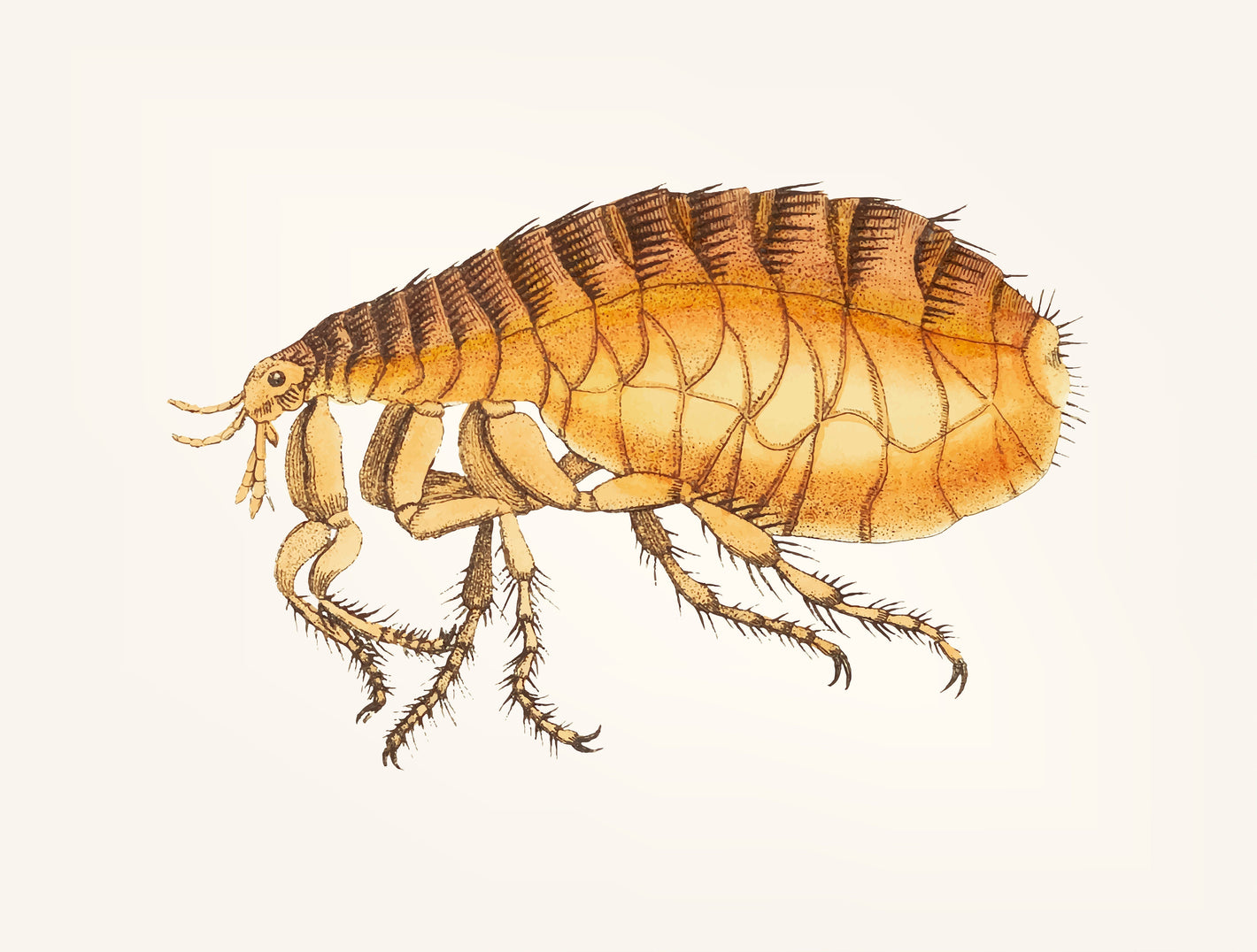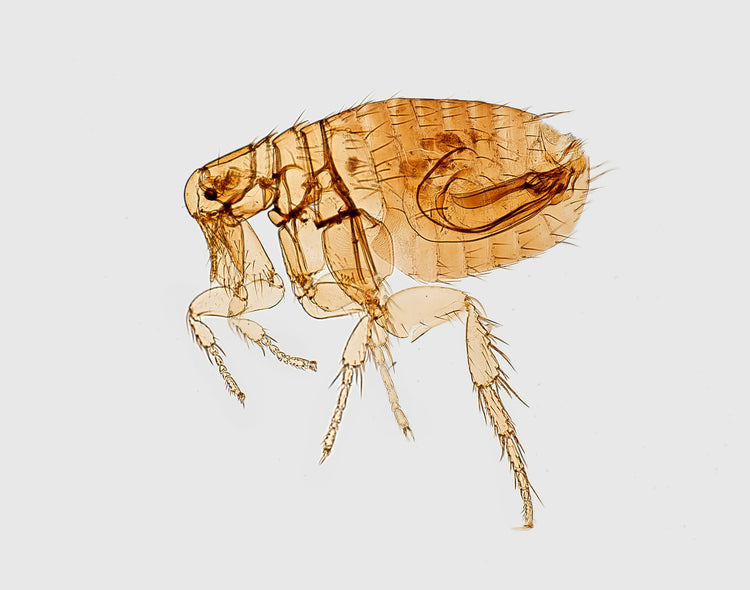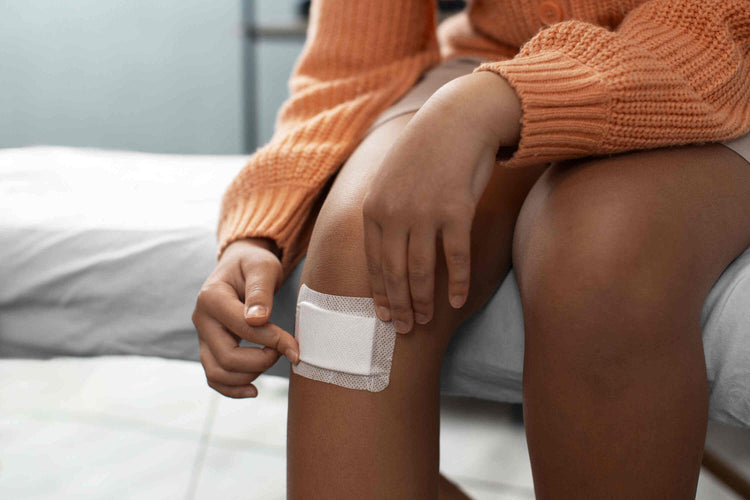Can Fleas Live on Humans?


Related products
Fleas are minute, wingless insects that have adapted well to ectoparasitism on most warm-blooded animals, including humans. The possibility of fleas becoming man-dwelling parasites warrants a study on the biological ecology of such pests, preferred hosts, and implications on human health.
Fleas are most commonly available in mammals such as dogs, cats, and wildlife. Their bodies are streamlined for easy passage through the fur of the animals, and thus they easily find the sites where there is food. According to Dr Emily Cooper, an entomologist at Cambridge University, "Fleas have specialised limbs and mouthparts optimally adapted to pierce the skin and suck blood. Although they can bite humans, our lack of dense body hair makes us a poor environment for them to live and reproduce."

Flea Bites and Human Health
Fleas frequently come into contact with humans, particularly in houses that have pets. Fleas inject saliva when they bite humans, which can result in allergic reactions. According to the British Medical Journal, flea bites will typically appear as small, red, itchy bumps, usually in groups on the lower legs and feet. "Fleas don't stay on humans long-term, but their bites can cause real misery and in some cases, secondary infection from scratching," says Dr Richard Harrison, a dermatologist at King's College London. Find out Can Fleas Travel on Humans to Another House?
Flea-Borne Diseases
Though fleas prefer animal hosts, they can develop into a risk factor for human beings by disease transmission. One of the most popularly known flea-borne diseases is the bubonic plague, a Gram-negative bacterium called Yersinia pestis, which fleas may transmit from rodents to humans. According to the CDC, though very rare today, cases of plague still take place in all parts of the world, mainly in rural areas with poor sanitation. Other flea-borne diseases that exist include murine typhus and flea-borne spotted fever, the latter of which may become quite grave if not timely treated.
Prevention and Control Measures
The most important thing is to try to prevent flea problems from developing in the first place. Regular veterinary attention for pets, combined with treatments against fleas, is thus important. According to Dr Alison Clark, a veterinary expert from the Royal Veterinary College, "Pet owners should maintain a consistent flea prevention regime alongside washing bedding regularly and vacuuming carpets to remove flea eggs and larvae."
Even in pet-free homes, it is possible for a flea infestation to come from wildlife and even second-hand furniture. Cleaning up the living space and being cautious about probable sources of fleas can help reduce the risk. If the infestation happens to be too severe, seeking the help of a professional pest control agency may be called for.

People Also Ask
How long can fleas live on a human?
Fleas do not typically live on humans. Although they may well bite humans and take their blood, the human body is not conducive to the survival and development of fleas, so they would rather hop off the body after feeding.
Can fleas live in your bed?
Yes, fleas can live in your bed. They can hide in bedding, mattresses, and linens, especially if there are pets sharing the bed that have fleas with them. Regular cleaning and proper flea control will manage and prevent a flea infestation of bedding.
Can fleas live in your clothes?
While they can definitely be hidden in clothes for a little while, fleas cannot survive on clothing. Fleas do favour living in locations where they could easily gain a host to feed on and reproduce, like fur or carpets. Washing the clothes in hot water and then drying them on a high setting kills any fleas on them.
Conclusion
While fleas are not typically found living on humans, they can still bite humans and make them uncomfortable, in addition to the potential health risks. To minimise exposure to the Flea as a human, one needs to understand the biology of fleas, their preferred hosts, and effective prevention measures. One could avoid this agony and possibly dangers posed by fleas through awareness and proactive action for themselves and their loved ones.




















 Rated Excellent by 26,523+ Reviews
Rated Excellent by 26,523+ Reviews